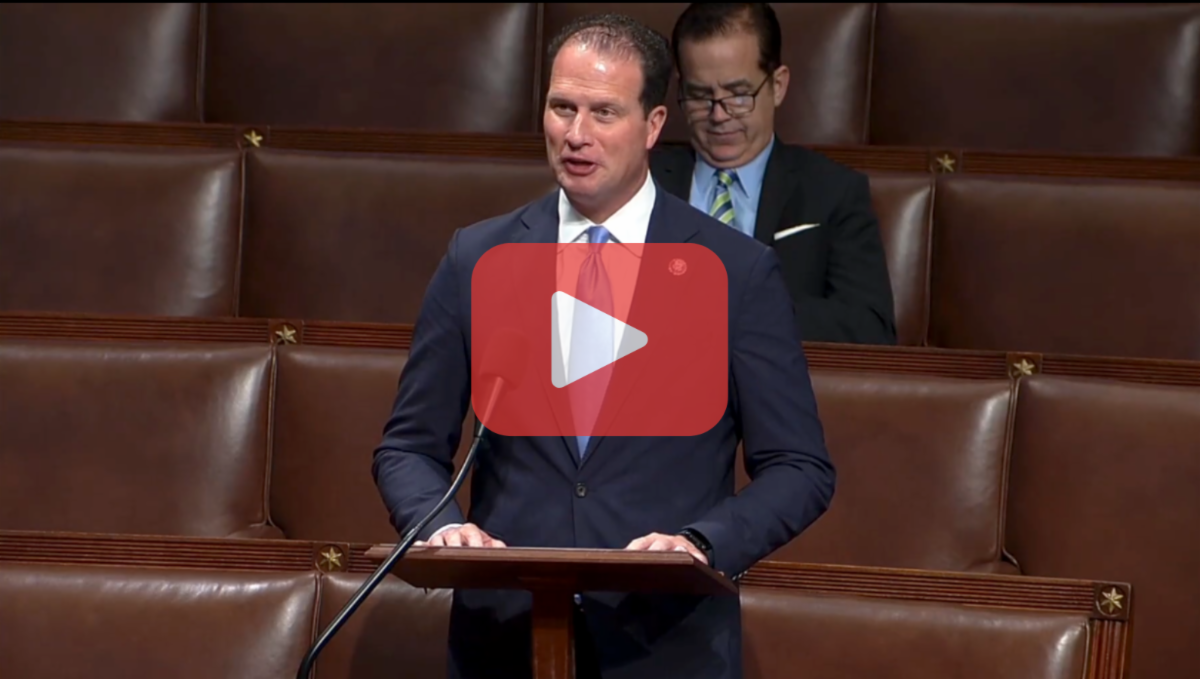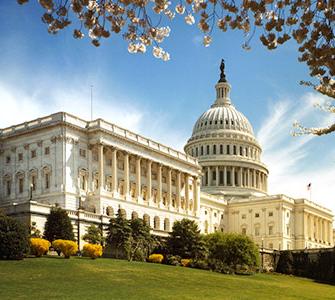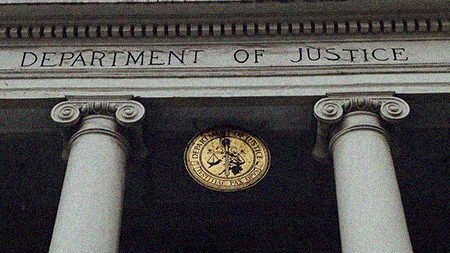It’s Time To Lift The Crude Oil Export Ban
 This December marks 40 years since Congress passed the crude oil export ban – an antiquated law created in response to disruptions in global supply in the 1970s. Fortunately, the world today looks very different, and our country’s energy landscape has undergone a complete transformation thanks to technological innovation and policies implemented in energy-rich states like Texas.
This December marks 40 years since Congress passed the crude oil export ban – an antiquated law created in response to disruptions in global supply in the 1970s. Fortunately, the world today looks very different, and our country’s energy landscape has undergone a complete transformation thanks to technological innovation and policies implemented in energy-rich states like Texas.
The shale revolution has allowed the United States to supplant the tenuous oil and gas supply of the ‘70s with an abundance of natural gas, and at the same time create jobs at home and lower energy costs for American consumers. In just 10 years, imported petroleum consumption has fallen from 60 percent of the market to less than one-third. And today, the United States is the world’s top producer of petroleum and natural gas.
As a result, all of our supply cannot be absorbed domestically. In order to keep production going, and our economy growing, energy producers need access to the global market. With production of domestic oil and gas projected to continue growing over the coming years, now is the time for Congress to lift the crude oil export ban. In so doing we can strengthen our economy and enhance our strategic standing around the world.
Lifting the ban is a commonsense way to kick-start the US economy. Many think the ban only limits our domestic energy companies and those they employ, but this simply isn’t the case. One study estimated that every new production job in the oil field translates to three additional jobs in the supply chain – and another six in the broader economy. All in all, lifting the ban could lead to the creation of more than 800,000 jobs.
And although many critics of lifting the ban suggest it will increase the price at the pump for American consumers, multiple studies suggest getting more U.S. oil and gas onto the international market will have the opposite effect, since our gas prices are tied to global oil prices.
The ban represents an outdated, protectionist policy that negatively impacts our national security interests. Our allies – including NATO countries in Europe and partners around the world – are regularly calling on the U.S. to lift this ban to help them achieve greater independence and flexibility, and to reduce their reliance on countries like Iran and Russia for energy needs. Their dependence on our adversaries for heating, electricity and fuel represents a real vulnerability for us, their ally and partner.
In an increasingly globalized world, we must take a more long-term, strategic view and consider the implications of our energy policies on our own national security. By lifting the ban, the U.S. would help our friends diversify their energy resources and enhance their energy security – while reducing revenue flowing to rogue states and other unfriendly regimes.
Fortunately, momentum is growing on Capitol Hill to undo this relic. In July, legislation that would lift the ban – the Energy Supply and Distribution Act of 2015 – was introduced by U.S. Sen. Lisa Murkowski of Alaska and passed out of committee. A similar bill in the House has garnered 113 bipartisan co-sponsors. Both bills are a great step toward cementing our nation as a global energy superpower.
The world looks much different today than it did 40 years ago. While the Obama Administration’s decision to allow some limited crude exports to Mexico is a good first step, it’s time to fully embrace pro-growth energy policies that address both our economic interests and our strategic concerns.
Instead of easing sanctions on Iran, the U.S. should focus on easing de facto sanctions on America’s energy producers and releasing them from the grip of outdated restrictions that hurt consumers at home and force our friends to rely on our enemies.








